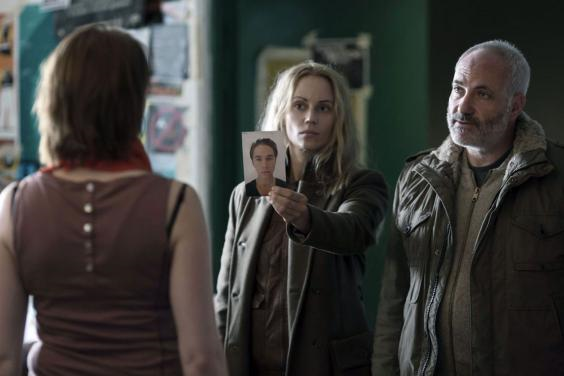Why is it that in health care so little value is placed on when and how you ask sensitive or important questions?
Most people know from experience or through intuition that there is a right time and a right way to ask important or sensitive questions.
You don’t usually just blurt out requests for pay raises or marriage proposals, for example.
In many areas of life, knowing when and how to ask difficult questions is viewed as an extremely valuable skill, for example in criminal investigations and in journalism.
In some cases this kind of skill can even make you a media star: Interviewers like Barbara Sawyer, Oprah Winfrey and Howard Stern are more famous and better paid than most of the celebrities they engage in intimate conversations in front of their national or world-wide audiences.
This year, the US presidential debates have been said to require unusual savvy from their moderators and their performance may even affect the outcome of the election.
Why is it, then, that in health care so little value is placed on when and how you ask sensitive or important questions?
In healthcare, we are constantly told that we must ask the most personal and intrusive questions of anyone who walks through our doors before we even ask what brings them to the doctor in the first place. And, unlike other interviewers, we must use “standardised” and “validated” questionnaires, because our work isn’t like other forms of fact or truth finding; our purpose is to collect data and to apply statistically proven interventions. No room for tact or finesse here.
When Autumn, my nurse, checks in a new patient, each one has already answered questions about gender identity and gender at birth. Autumn, along with doing the usual vital signs, has to administer a depression screening, inquire about alcohol habits and smoking, along with readiness to quit. For people with a BMI over 30, she has to ask what they are planning to do about it.
In many practices, the patient’s “History of Present Illness” and “Review of Systems” are asked and documented into obtrusive computers by freshly graduated medical assistants with limited medical and psychological training or experience. But that’s okay, because we use validated instruments and people always open right up and tell us the truth, and they always present their most important symptoms to us on a silver platter, the thinking goes. So, therefore, professional skill and experience may be valuable in rare cases, but there is just too much variability in that.
So, let’s imagine that our mandates applied in other areas of life:
What if criminal investigations were conducted by administration of nationally established “Criminology Assessment Protocols”?
What if lawyers could only use validated questionnaires and weren’t allowed to cross examine witnesses?
What if all celebrity interviewers could only ask the same set of questions?
What if the presidential election was determined by having our citizens vote for candidates based on their answers to a standardised and validated “Presidential Fitness Inventory”?
No, that would seem ridiculous, most people would say. So why is that the way we have to ask questions in medicine?
Unlike detectives, journalists, lawyers, bureaucrats and politicians, doctors just don’t know how to ask the right questions to figure things out.
Dr Hans Duvefelt is a physician based in the US.
This blog was originally published on A Country Doctor Writes.


